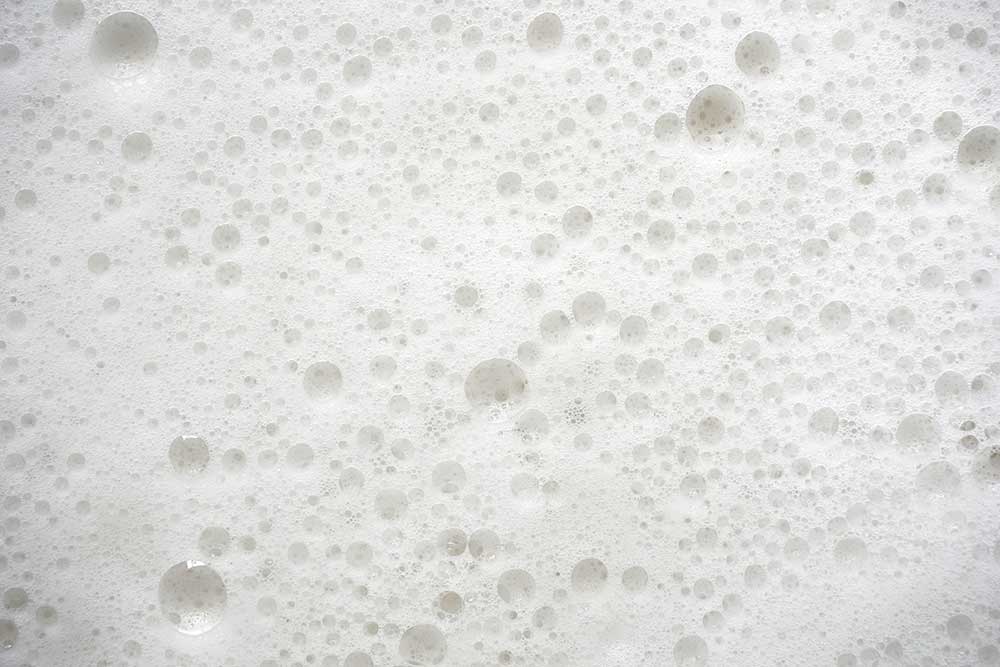The Function of Defoamers in Enhancing Product Top Quality and Performance
In various making procedures, the presence of foam can significantly prevent product high quality and operational performance. Defoamers act as crucial additives that alleviate this issue, ensuring smoother manufacturing workflows while boosting the visual and functional features of the end products (defoamers). Their application covers a multitude of markets, from food and beverage to drugs, where consistency and integrity are critical. Nonetheless, the choice of the ideal defoamer can be essential to achieving optimum results, increasing essential questions regarding solution compatibility and performance metrics that merit more exploration.
Understanding Defoamers
Comprehending the duty of defoamers is vital for keeping product quality across various industries. Defoamers are chemical ingredients developed to reduce and prevent the formation of foam in fluid systems, which can negatively impact processes such as mixing, filling, and surface stress. Lathering can cause inadequacies, item issues, and endangered aesthetic appeal, making defoamers an important element in producing operations.
In commercial applications, defoamers assist to boost product uniformity and security. The efficient usage of defoamers not only makes certain smoother production procedures yet likewise adds to exceptional product performance.
Moreover, the selection and solution of a defoamer have to line up with details application demands, such as compatibility with various other components, performance under varying temperature level and pH conditions, and prospective governing restrictions. Ultimately, recognizing defoamers' features and their significance in different solutions is critical for optimizing production and ensuring the best output.
Sorts Of Defoamers
Defoamers can be classified right into several types based upon their make-up and mechanism of action. The main types consist of silicone-based, non-silicone natural, and inorganic defoamers.
Silicone-based defoamers are among the most efficient, primarily due to their capability to spread out swiftly on the fluid surface area and disrupt foam formation. Their distinct chemical structure allows for exceptional security, making them ideal for high-temperature applications and atmospheres with differing pH levels.
Non-silicone organic defoamers, commonly made up of all-natural oils or fats, are valued for their biodegradability and lower toxicity. These are usually utilized in food and beverage applications where security and environmental effect are critical.
Inorganic defoamers, that include compounds like talc or calcium carbonate, act by enhancing the density of the liquid, thereby reducing foam stability. They are frequently used in industrial processes where compatibility with various other products is not a problem.
Each kind of defoamer has distinctive benefits and restrictions, allowing for tailored remedies relying on the certain lathering issues encountered in numerous applications. Recognizing these differences is essential for enhancing performance and accomplishing wanted item high quality.
Applications Throughout Industries
Various industries utilize defoamers to improve item high quality and operational performance. In the food and beverage field, defoamers are crucial in procedures such as developing and dairy manufacturing to stop foam formation, which can result in inefficiencies and item disparity. By regulating foam, suppliers can make certain much better return and a much more consistent product.
In the pharmaceutical industry, defoamers play an essential role in the solution of liquid medicines, where extreme foam can impede blending and exact dosing. Their usage helps keep the stability of the solutions and helps with smoother manufacturing procedures.
The paint and layers market additionally relies upon defoamers to boost the efficiency of items throughout application. By lessening foam, these ingredients make sure a smoother surface and improve the aesthetic high qualities of the last product.

Advantages of Utilizing Defoamers
While the application of defoamers differs across industries, their benefits consistently enhance product quality and procedure performance. One significant benefit is the reduction of foam development throughout making processes, which can otherwise result in production hold-ups and incongruities in item top quality. By minimizing foam, defoamers make it possible for a smoother circulation of materials, helping with a lot more reliable operations and reducing the chance of tools malfunctions.
Additionally, using defoamers can improve the look and structure of final items. In industries such as finishings, paints, and food processing, too much site here foam can compromise the aesthetic looks and overall top quality, while the proper defoamer application guarantees an uniform finish and preferable characteristics. In addition, defoamers can contribute to cost financial savings by reducing waste during manufacturing and optimizing making use of basic materials (defoamers).

Picking the Right Defoamer
Picking the best defoamer is important for enhancing production processes and ensuring product quality. The choice of defoamer influences not just the performance of foam control however likewise the total efficiency attributes of the final product. Factors to consider include the sort of application, the chemistry of the solution, and the environmental conditions under which the product will certainly be made use of.
Different industries might call for details defoamer kinds, such as silicone-based, natural, or polymeric defoamers. Comprehending the compatibility of the defoamer with the primary active ingredients is important to stay clear of unfavorable reactions that could compromise item integrity. Furthermore, the defoamer's effectiveness in numerous temperatures and pH levels should be assessed to ensure regular performance.
Evaluating the defoamer in small applications can supply valuable insights right into its performance and viability. Consideration of governing compliance, particularly in food, drugs, and cosmetics, is vital in picking a defoamer. Eventually, an extensive analysis of these elements will certainly bring about the selection of a defoamer that not just controls foam successfully yet also improves the top quality and performance of the last item.
Conclusion

Finally, defoamers are crucial ingredients that substantially boost item quality discover this and performance across numerous industries. By efficiently lowering foam development, these representatives not just boost functional performance yet also contribute to the useful and aesthetic integrity of products. The strategic selection and application of defoamers lead to set you back financial savings, maximized source usage, and boosted client satisfaction. On the whole, the value of defoamers in commercial procedures can not be overstated, as they play an important function in attaining constant and top notch results.
Frothing can lead to inefficiencies, product issues, and jeopardized aesthetic allure, making defoamers an view it essential element in producing procedures.
